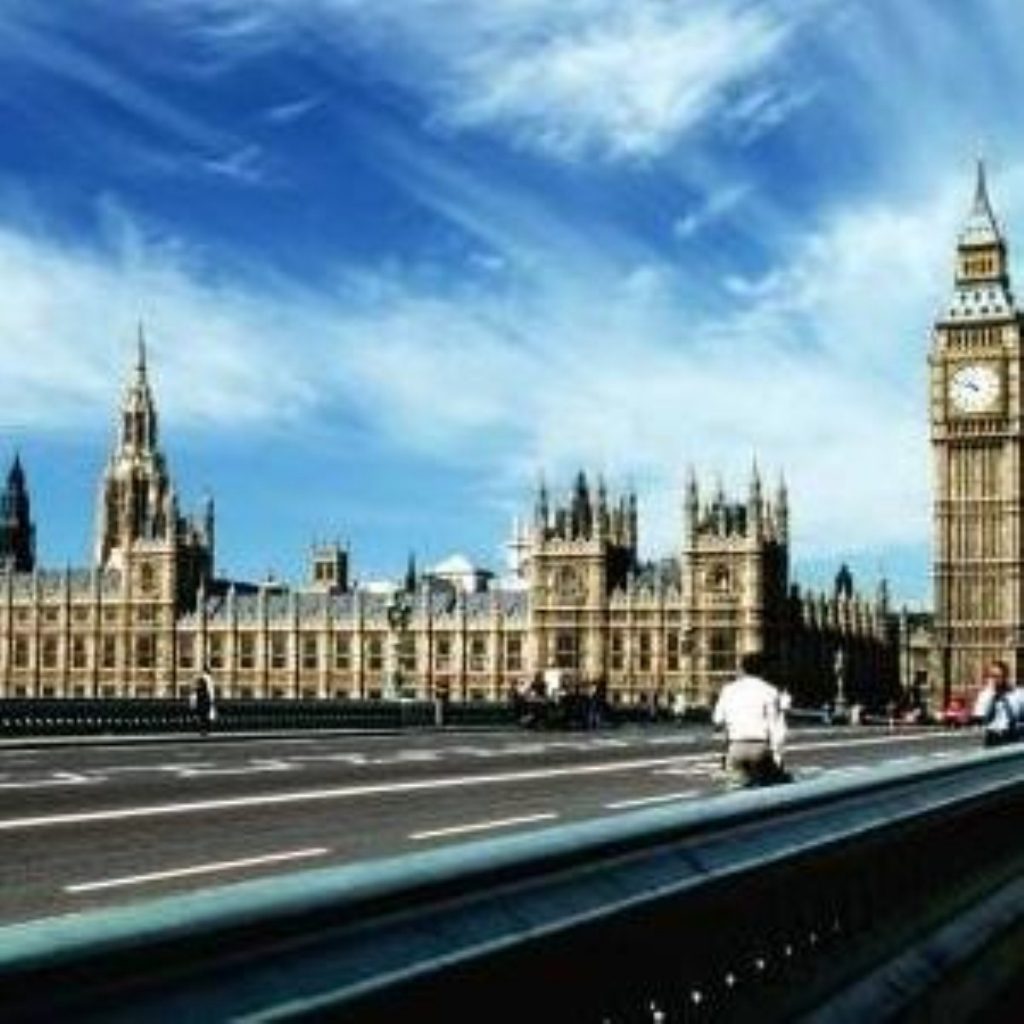Party funding consensus questioned
Increasing state support for political parties will make the party funding problem worse, not better, a thinktank has warned.
A report published by Policy Exchange today says adding to existing taxpayer funding for parties, which appears to be the current consensus, will only serve to undermine grassroots activism.
It rejects justice secretary Jack Straw’s assertion that political parties are involved in a “spending arms race”.
Instead it points out that combined spending of Labour and the Conservatives rose by just 1.1 per cent between 1966-70 and 2001-05.
This comes against a backdrop of increased spending by central parties and a reduction in the coffers of constituency parties.
At the root of the problem, Policy Exchange’s research director of governance Roger Gough says, is “diminishing popular support for parties”.
“If we go further down the road of state funding, we risk exacerbating the long-run trend from parties as popular, democratic institutions into top-down bureaucracies,” he warns.
“There needs to be considerable caution about yet further legislation. It is more important to ensure that existing laws are enforced properly.”
MPs’ allowances is an area of spending which Mr Gough believes is contributing to a distortion in the political system.
He says the growing in payments to sitting MPs gives them a “substantial financial advantage” over challengers and says proposals to restrict spending on elections will prove “unfair” unless payments to MPs are also “severely pruned”.
“Rather than more state aid for the Labour and Conservative HQs, small membership subscriptions should be made tax-deductible,” he proposes.





-01.png)